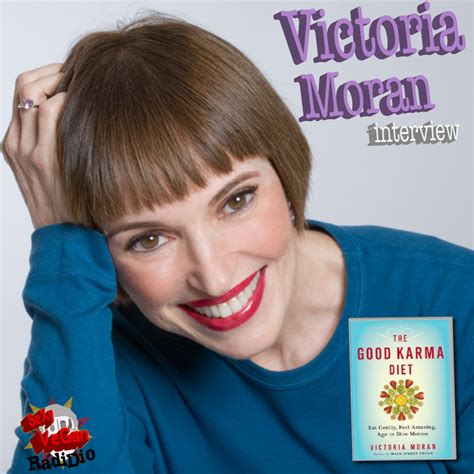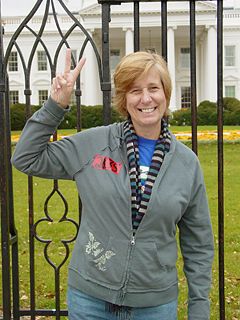A Quote by Anais Nin
I don't tell the truth any more to those who can't make use of it. I tell it mostly to myself, because it always changes me.
Related Quotes
When I was writing the memoir, every page was a battle with myself because I knew I had to tell the truth. That's what the memoir form demands. I also had to figure out how much of the truth do I tell, how do I make the truth as balanced as I possibly can? How do I make these people as complicated and as human and as unique and as multifaceted as I possibly can? For me, that was the way I attempted to counteract some of that criticism.
Everyone's talking about insoles nowadays, saying that it's a male necessity. To tell you the truth, I always use it because for people like me that started dancing at a very young age, it's more stable for me if my heel is pushed back a little. I wear it because it can make me dance better. But of course, since I wear it, my legs look longer too.
It's very difficult to measure the impact on policy of any investigative journalism. You hope it matters to let a little more truth loose in the world, but you can't always be sure it does. You do it because there's a story to be told. I can tell you that the job of trying to tell the truth about people whose job it is to hide the truth is about as complicated and difficult as trying to hide it in the first place.
I'm very grateful to be in a position now where I have a lot more control to tell the stories I want to tell. I feel no obligation to tell any one story. I will tell you my interest mostly lies in telling stories about empowered women, but I don't feel it's an obligation. But I do feel like I am servicing a voice.
The only good teachers for you are those friends who love you, who think you are interesting, or very important, or wonderfully funny; whose attitude is: "Tell me more. Tell me all you can. I want to understand more about everything you feel and know and all the changes inside and out of you. Let more come out." And if you have no such friend,--and you want to write,--well, then you must imagine one.
The issue is that when you're a critic it's hard to tell the difference between the thrill of denouncing and telling the truth. Telling the truth to me feels more often like denouncing than like praising. There are many more concrete advantages in the world for people who praise than for those who denounce. So if you want to tell the truth, oftentimes you're going to err on the side of denouncing. That's just something I have to work on.







































